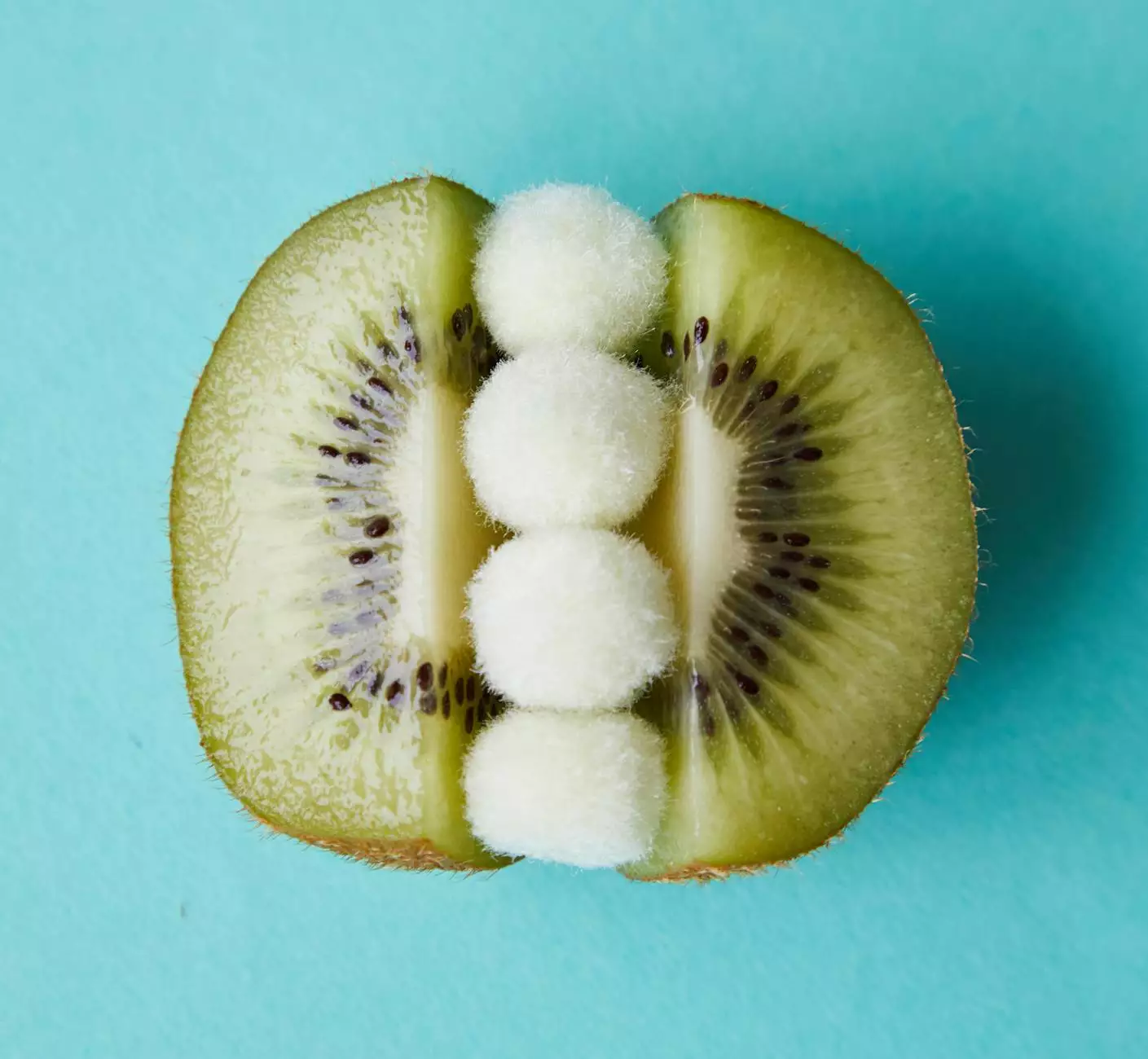Achieving Fast Donor Healing in FUE Hair Transplant

Introduction
Welcome to the comprehensive guide on achieving fast donor healing in follicular unit extraction (FUE) hair transplant procedures, brought to you by Smith, Arthur F, MD. As a renowned expert in the field of hair restoration, Dr. Arthur F. Smith will guide you through the process of ensuring a successful and speedy recovery after your FUE hair transplant.
Understanding FUE Hair Transplant
Follicular Unit Extraction (FUE) is a hair transplantation technique that involves extracting individual hair follicles from the donor area and implanting them into the recipient area. Unlike the traditional strip method, FUE leaves minimal scarring and allows for a faster healing process.
The Importance of Donor Area Healing
The donor area is the region from where hair follicles are extracted during the FUE procedure. Achieving fast donor area healing is crucial to ensure minimal discomfort, reduce the risk of infection, and promote healthy hair growth. Dr. Arthur F. Smith provides expert tips that can significantly improve the healing process.
Preparation for Donor Area Healing
Prior to the FUE hair transplant procedure, it is essential to follow a few preparatory steps to optimize donor area healing. Dr. Arthur F. Smith recommends the following:
- Quit Smoking: Smoking can impede the healing process. It is advised to quit smoking at least four weeks before the procedure.
- Maintain Healthy Scalp: Keeping your scalp clean and healthy can foster a better healing environment. Use gentle shampoos recommended by your hair transplant surgeon.
- Follow a Nutrient-Rich Diet: Consuming a balanced diet with essential nutrients like vitamins, minerals, and proteins can promote overall healing.
- Avoid Blood Thinners: It is important to avoid medications or supplements that thin the blood, as they can increase the risk of bleeding during and after the surgery.
Post-Transplant Donor Healing
After the FUE hair transplant, there are several steps you can take to facilitate fast and effective donor area healing:
Follow Post-Surgery Care Instructions
Dr. Arthur F. Smith and his team will provide you with detailed post-surgery care instructions. It is crucial to follow these guidelines carefully to ensure optimal healing. This may include:
- Medication: You may be prescribed antibiotics or other medications to prevent infection and promote healing.
- Avoiding Physical Activities: Strenuous physical activities that can strain the donor area should be avoided for a few weeks following the procedure.
- Gentle Hair Washing: Properly clean your hair and scalp as instructed by your surgeon to maintain hygiene.
- Avoid Direct Sun Exposure: Protect your scalp from direct sunlight, as it can cause discomfort and potentially hinder the healing process.
Manage Discomfort and Swelling
It is normal to experience some discomfort and swelling after the FUE hair transplant. Dr. Arthur F. Smith suggests the following to alleviate these symptoms:
- Pain Medication: Take any prescribed pain medication as directed by your surgeon to manage discomfort.
- Application of Cold Compress: Applying a cold compress to the donor area can help reduce swelling and alleviate any discomfort.
Promote Healing and Hair Growth
To accelerate the healing process and encourage natural hair growth, Dr. Arthur F. Smith recommends the following tips:
- Follow a Healthy Lifestyle: Maintain a balanced diet, exercise regularly, and avoid stress to support overall well-being, which can contribute to hair health.
- Regular Scalp Massage: Gently massaging your scalp can improve blood circulation and promote follicle health.
- Sanitize and Protect the Donor Area: Keep the donor area clean and protected from external factors that can hinder healing or cause infection.
- Attend Follow-up Appointments: Regularly visit your hair transplant surgeon for post-operative evaluations and care.
Conclusion
With the expert guidance of Dr. Arthur F. Smith, achieving fast donor healing in FUE hair transplant procedures is within your reach. By following the pre and post-transplant care instructions, managing discomfort, and adopting healthy habits, you can ensure an efficient and successful recovery. Choose Smith, Arthur F, MD for your hair transplant needs, and benefit from the knowledge and expertise of a trusted hair restoration expert.




